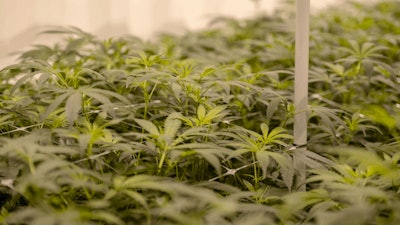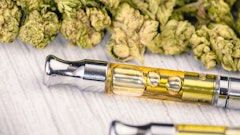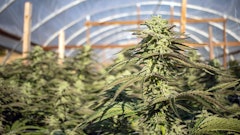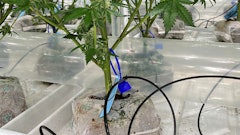
In week three of “Operation Hammer Strike,” the San Bernardino County Sheriff’s Department (SBSD) Marijuana Enforcement Team (MET) and deputies from several other patrol stations arrested 31 suspects last week that were tied to illegal cannabis grows.
As previously reported by Cannabis Business Times, Operation Hammer Strike is “an investigation to attack the existing unlawful cannabis cultivation in San Bernardino County, Calif.”
In week one of the investigation, officials served warrants for four California cities, arrested 12 individuals, and discovered more than 10,000 illegal cannabis plants and roughly 1,335 pounds of processed cannabis.
In week two of the operation, from Sept. 6-10, deputies served 23 search warrants throughout various Southern California cities. They found “21,002 [illegal] marijuana plants, 5,628.5 pounds of processed marijuana, nine guns [and] over $9,000 in cash.” The department also liquidated 113 greenhouses found throughout the locations, according to a press release from the SBSD headquarters.
In week three of the investigation, law enforcement served 31 search warrants after receiving “numerous complaints about large outdoor marijuana cultivations in these areas,” the SBSD headquarters said in a press release.
The department seized nearly 30,000 illegal cannabis plants, 6,000 pounds of processed cannabis, about $19,000 in cash and decimated 138 greenhouses found throughout the locations.
According to the press releases, the investigations have found that all “cannabis cultivations were not in compliance with California’s Medical and Adult-Use Cannabis Regulation and Safety Act (MAUCRSA) and San Bernardino County’s ordinance prohibiting commercial cannabis activity.”

























